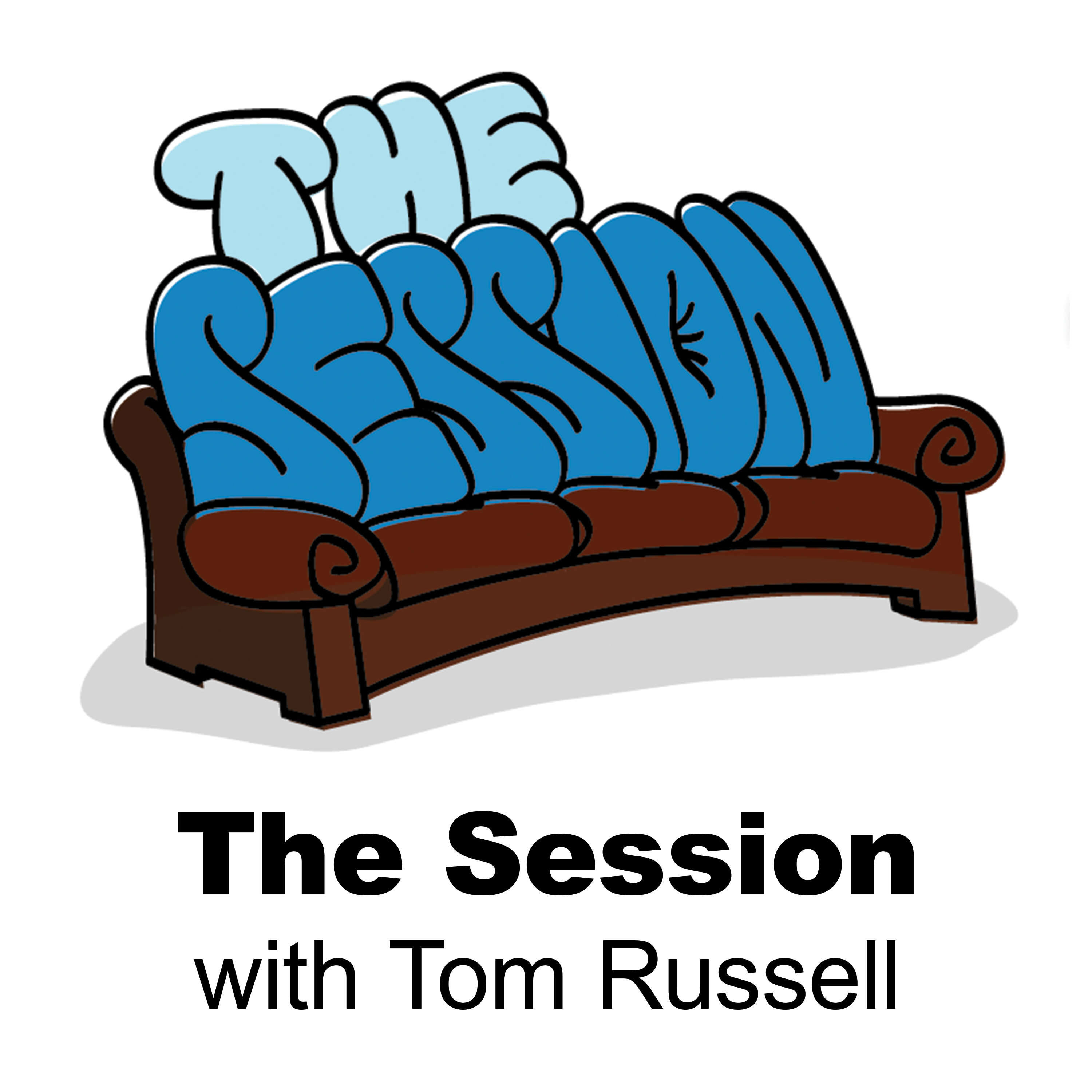The Session: Teens & Sleep
How is it that teenagers seem to be able to stay up until all hours? It's NOT a good thing. This week, we talk about why on The Session. Psalm 4:8: In peace I will lie down and sleep, for you alone, Lord, make me dwell in safety. From Health Day.com:
Studies shows that if you can get teens to go to bed earlier, they will increase their time asleep by 41 minutes for each additional hour in bed.Dr. Ian Campbell from UC Irvine, said as children enter adolescence, changes in sleep and circadian rhythms make it easy for teens to stay awake longer at night. Less sleep results in daytime sleepiness, poor school performance, and behavioral and mental health problems.Dr. Sanjeev Kothare, chief of pediatric neurology at Cohen Children's Medical Center in New Hyde Park, N.Y. said 90% of the time it's not only biological, but also environment.”Dr. Kothare also said the circadian shift happens (in adolescence) but, unfortunately, all the electronics and social media and the technology keeps teens occupied for longer durations.”From Focus on FamilyJust how much is adequate sleep? It varies from person to person, but research suggests that the average teen needs at least 8.5 to 9.25 hours of sleep each night. Unfortunately, only about 15 percent of them are getting that much. About one fourth of the teen population gets 6.5 hours of sleep or less.Focus on the Family also reports; It should come as no surprise that inadequate sleep can hurt a student’s academic performance. Drowsiness at school is linked to lower grades. And sleepiness can lead to more tragic results when a teenager is behind the wheel. Young drivers (under age 25) are involved in more than half of the 100,000 automobile crashes every year directly related to fatigue, lapses in attention, and delayed response time associated with drowsiness.Focus on the Family Tips:1. Help your teen establish regular times for going to bed and getting up. When he deviates from his normal schedule (as on weekends), he should avoid delaying bedtime by more than an hour and waking more than two hours later than usual.2. Help your teen determine how much sleep he actually needs in order to feel refreshed and ready to start the day. Remember that this is different for each person.3. Getting into bright light as soon as possible in the morning and avoiding it in the evening is wise at any age. Light signals the brain that it’s time to be awake.4. Once your teen knows his body’s rhythm, he should try to adjust his schedule so that he is engaged in activities that are best suited to his level of alertness. In other words, he shouldn’t drive or attend lectures when he tends to be sleepy.5. Discourage the consumption of caffeine in the afternoon. It can interfere with nighttime sleeping patterns.6. Keep televisions, computers, and mobile devices out of your teen’s bedroom. Their late-night use is a regular cause of sleep loss for young people.7. Encourage your teen to relax and avoid stimulating activities before going to bed8. Examine your own sleep habits and try to set a good example. Do you burn the candle at both ends and then fight drowsiness much of the time? If so, make whatever changes are necessary to model the healthy sleeping patterns you want your son to imitate.

